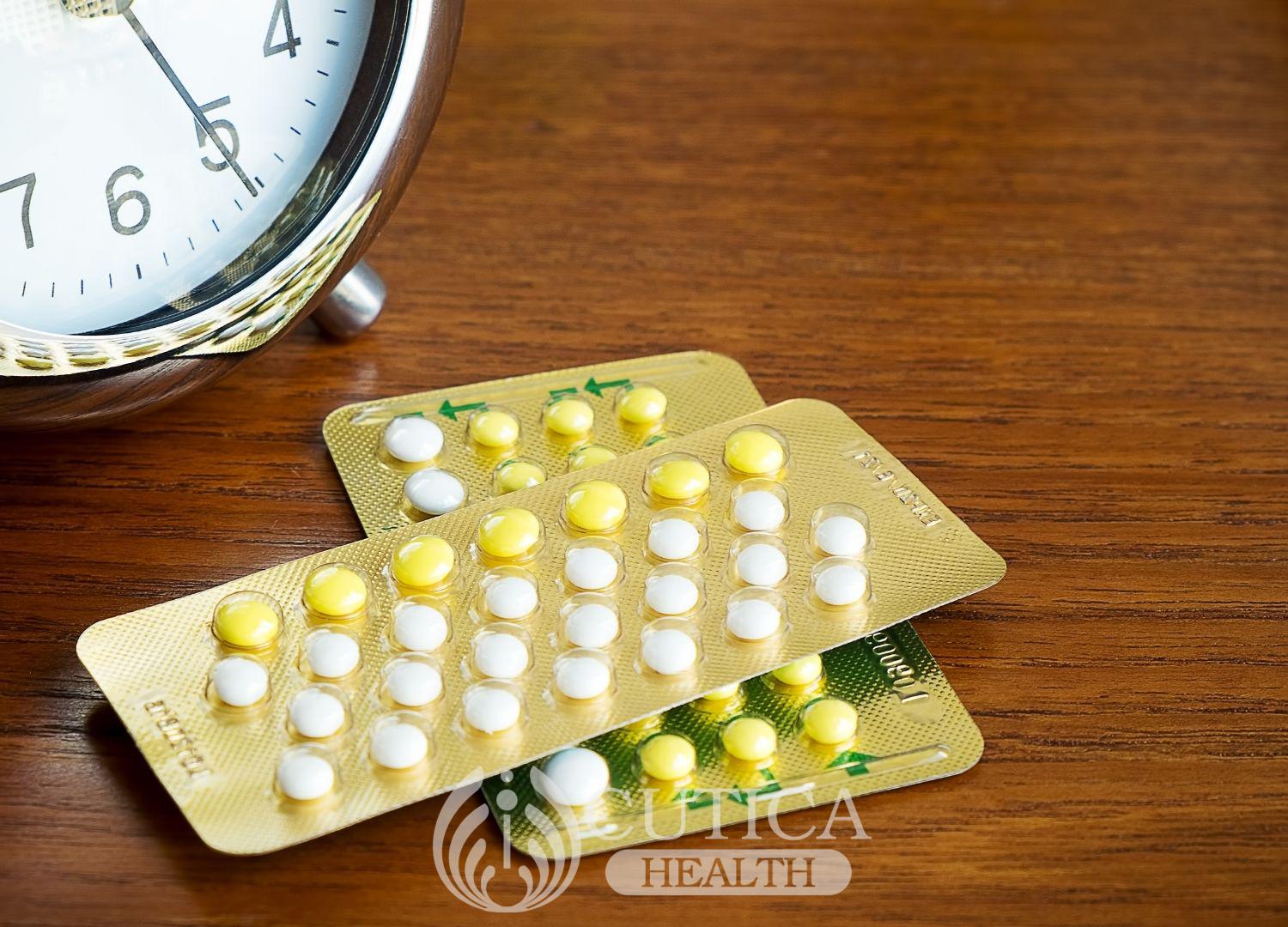
- Emergency contraceptive pills (ECPs), otherwise called morning-after pills, are over the counter or prescription pills used to prevent pregnancy by women who have had unprotected sex.
- ECPs available in Africa include progestin-only pills (Postinor 2, Plan B One-Step, Next Choice One Dose, and My Way).
- These pills are highly effective in preventing pregnancy. The effectiveness depends on the timeline within which the pill is taken after unprotected sex.
What is it?
These pills have gained popularity among women of childbearing age all across the globe. Unlike many claims, the morning after pill is not an abortion pill, but rather a prevention one. The pills, which come in many brands, sizes and strengths, prevent one from getting pregnant in the event that there were no birth control measures taken at the time. The pills are formulated using progestin derivatives, a hormone that occurs naturally in a woman’s body and plays a role in the menstrual cycle and pregnancy.
How effective are ECPs?

It is most effective when taken within 72 hours after unprotected sex, and its effectiveness decreases significantly past the 72-hour mark. The sooner you take the ECP, the better it will work. It is, however, to be used only for emergencies and not as a form of regular birth control.
You may have heard a lady complain of conceiving even after taking the pill. These cases are increasing by the day. Let’s have a look at some of the reasons why!
- Ovulating before taking the pill – It’s all about timing! There are some instances where one may have had unprotected sex during their ovulation period such that ovulation starts before you take the pill. It’s, therefore, most effective when taken right after sex as it can prevent ovulation if it has not yet started. In other instances, having unprotected sex again after you take the pill in the same cycle may also lead to failure of the pill.
- Drug interactions – Some drugs may render the pill ineffective. These include:
- Carbamazepine
- Griseofulvin
- Phenytoin
- Rifampicin
- Barbiturates
- Topiramate
- Carbamazepine

This is also the case with interactions with anti-progestin emergency contraceptive pills. If on another method of birth control, therefore, ensure you check with your health care provider before popping the pill.
- Body type –Ladies with body mass index (BMI) of 30 or higher are more likely to get pregnant compared to those with lower BMIs, though the ECP still works in the majority of women regardless of BMI. Nevertheless, there is a need for additional counseling for obese ladies, and some experts recommend using a different form of contraception in these women. The copper IUD is the most effective form of contraception in obese ladies.
Note that if you happen to vomit within two to three hours after taking the pill, you may have to take another one as it will not have taken effect.
How safe are the pills?
Most ECPs have been found to be safe when used properly and infrequently. A few side effects associated with the pills include mild nausea and vomiting. Some women have also reported very mild bleeding or spotting after the use of ECPs. Women at risk of stroke, heart disease or blood clots should avoid ECPs and may opt for a different form of contraception.
Herbs and ECPs

Plants have been used for centuries by different communities for medicinal purposes. Note that some herbs like St. John’s Wort can affect the effectiveness of morning after pill.
Take-Home Message
Though ECPs save the day in terms of preventing pregnancy, they do not prevent sexually transmitted diseases. Ensure you take more precautions therefore even as you pop the pill. Prolonged use of ECPs also has its own set of challenges. Visit your health care provider therefore and discuss safer methods of birth control that will ensure you are well covered.












